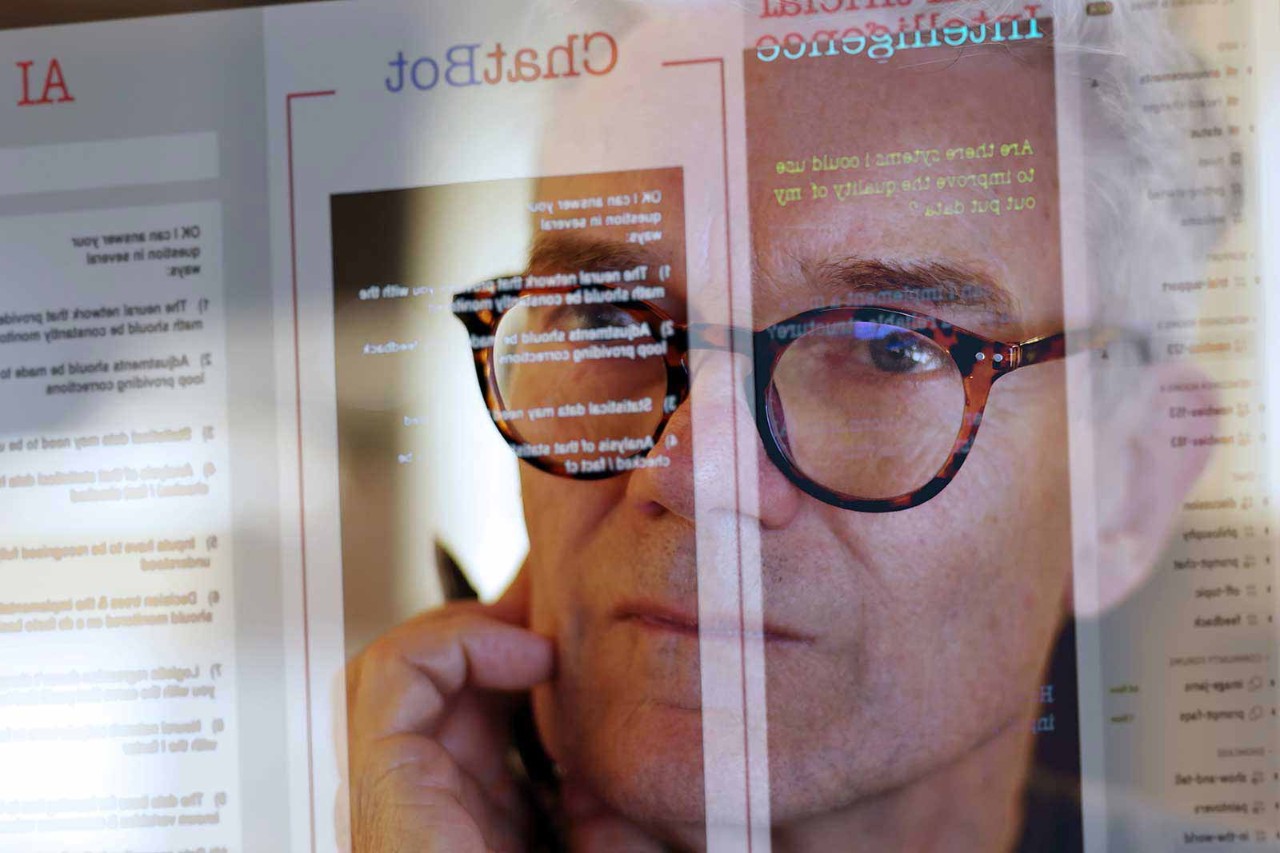
There must be times when partners in the large accounting firms sit down and wonder if it is all worth it. Traditionally they would then look at their bank balances, their gracious homes and shiny children, and come to a positive conclusion. But all is not well.
Following the collapse of the plan by EY’s US firm to split out its accounting services from its consulting practice – with the intention for accounting to remain a partnership while consulting sought a lucrative public listing – confidence has been shaken.
BDO’s US arm, perennially a firm that wants to make more of its position just outside the Big Four firms that dominate the market, appears to have thrown in the towel. The age-old dilemma of whether to stick as a partnership and all the benefits and wealth that that can bring, or cash in the lot now, appears to have come down on the cash side. Or, as its chief executive puts it: ‘Conversion offers tax and other advantages to position our firm for ongoing success as we continue to grow and transform’.
Cultural mismatch
There are several factors behind that public relations blah. The mighty global partnerships are horribly unwieldy and are not really global. They are very different businesses depending on where in the world they are.

Culturally the firms that make up the loose global partnerships came from very different backgrounds
Chicago, where BDO USA is headquartered, is a very different place from other business capitals around the world. BDO is based just a very few city blocks from where Arthur Andersen, the most successful of all US firms, was headquartered until its reputational collapse just over 20 years ago. That was triggered by the same tensions that led to EY trying to split itself in two and now BDO seeking the private-equity route out of partnership.
Culturally the firms that make up the loose global partnerships came from very different backgrounds. Over the years they have grown more similar. But essentially US firms sorted out how businesses were run. Law firms did the advice. In the UK, accounting firms did the advice. And, on the continent of Europe, accounting and audit firms were very small beer in the business world.
Partners could be excused for growing weary at the hoops their businesses have to jump through
Gradually all that changed as the world of business went global and needed accounting and audit firms to reach round the globe. It created the most enormous tangle of regulation, culture and rules, as well as a huge web of partners, many thousands strong, all of whom, in theory, have an equal say in how the firm is run and its future direction and strategy.
Jumping through hoops
Partners could be excused for growing weary at the hoops their businesses have to jump through. In the US, for example, partners point to the legal requirement for each of them to file a separate tax return in each of the many states where the firm does business.
In the UK, meanwhile, the hoops of audit-quality regulation grow ever more complicated. The Financial Reporting Council (FRC) has just published its latest findings, firm by firm. BDO scored an improved 69% on its audit quality, not enough to lift it out of the need for more scrutiny next year.
In the report, hopes and warnings are batted to and fro like a rally on a tennis court. ‘The step-change in the firm’s commitment to, and investment in, audit quality that we highlighted in last year’s public report has continued,’ said the FRC. ‘However, given the inconsistent inspection results this year, it is important that the firm’s leadership ensures that the full range of initiatives (and the people who support them) are fully embedded’.
You can feel partners putting their heads in their hands, knowing some other initiative is required to avoid a scolding
And so it goes on. Take this section on ‘Auditors’ mindset’: ‘In those engagements with adverse findings, audit teams did not demonstrate appropriate professional scepticism and challenge’, it said. ‘There was a tendency to place over-reliance on other members of the team without challenging their view… In some instances … the auditors were uncomfortable with challenge due to a lack of confidence.’
You can feel partners putting their heads in their hands at this point before slowly sitting back up again, knowing that some other initiative is required to avoid a scolding next year. But in the end, particularly in the Big Four firms, the very complexity of the structure provides a security within the firms. Surely it will keep rolling on, providing an enviable income and lifestyle and satisfaction in simply keeping the show on the road. The status quo, despite all its frustrations, will probably always win.





